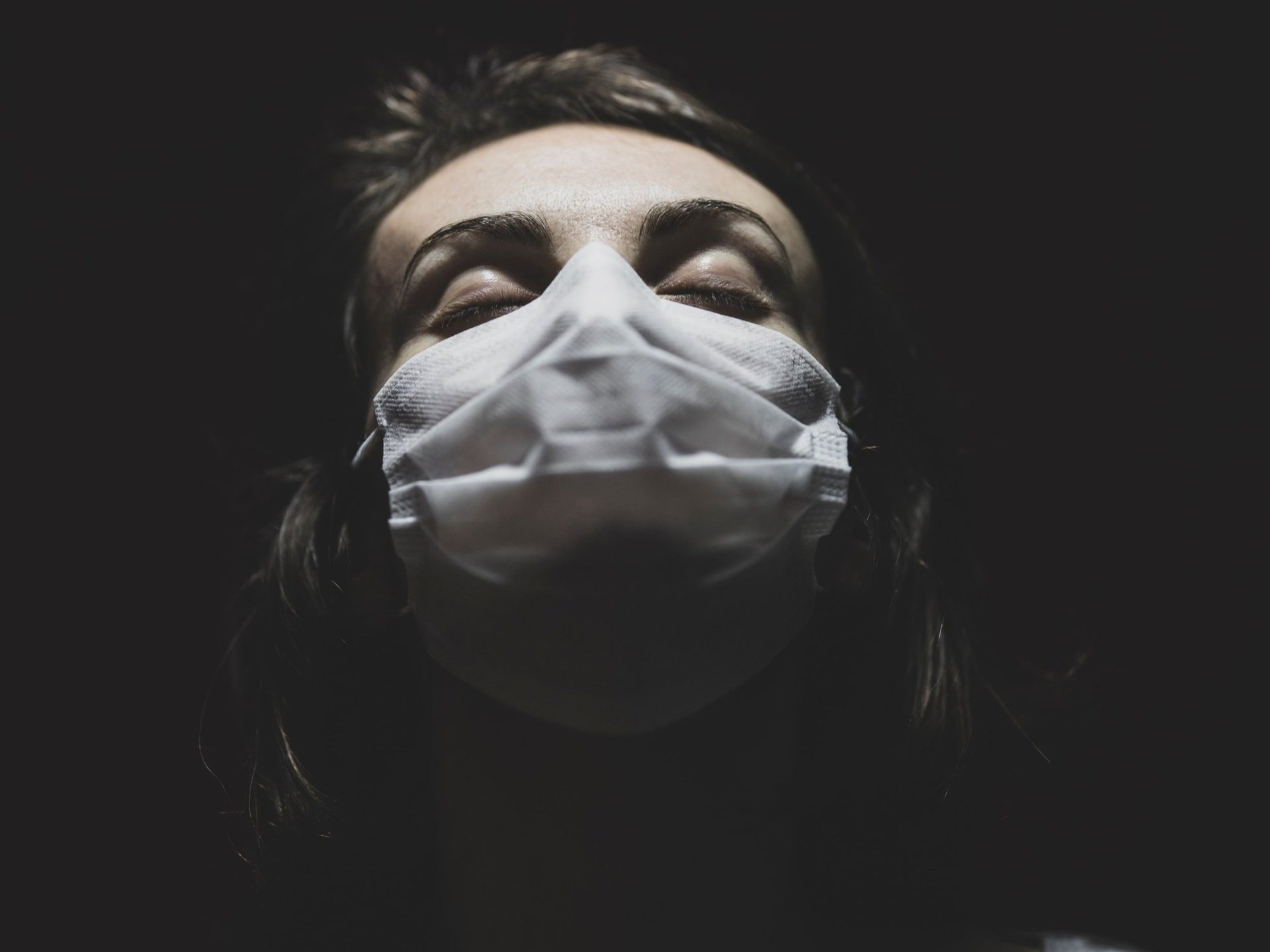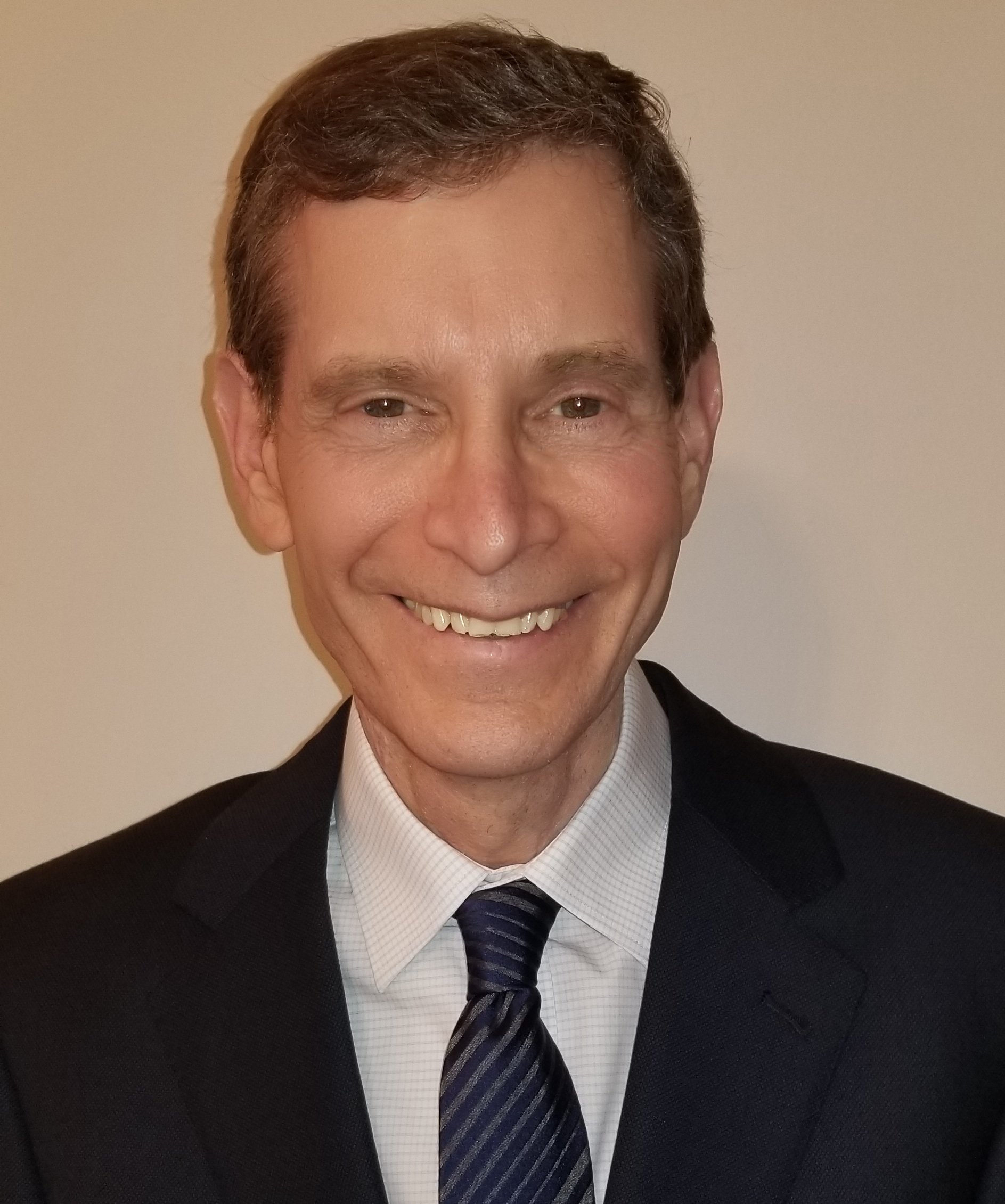
On December 8th, I and other immune-compromised people in the U.S. became ecstatic over the news that the Food and Drug Administration (FDA) had approved the first injectable medicine to protect us against COVID-19. A monoclonal antibody treatment called “Evusheld,” the treatment was developed by AstraZeneca to provide COVID-19 protection for immuno-compromised individuals who might not mount an adequate immune response to mainstream vaccination.
While FDA approval of such a treatment is insignificant for most Americans, it is a massive deal for roughly 7 million immune-compromised Americans like me. Although I have been vaccinated and boosted, I have recently undergone a heart transplant and take a regimen of immune-suppressing drugs that help ensure that my body doesn’t reject my new heart. However, the flip side of these drugs is that they prevent vaccines from working effectively. That means despite following the medical guidance, I and many immunocompromised people have little to no protection against the virus.
As I result, I have had to be more careful than non-immune compromised people. I work mainly from home, don’t eat in indoor restaurants, and of course, always wear a mask at the supermarket and in other crowded indoor places. Taking Evusheld would be a massive step in returning to normalcy and winning back my freedom.
Nevertheless, I have not yet gotten Evusheld. Why?
First and foremost, supplies are short for now. While a spokesperson from AstraZeneca has said the U.S government can purchase more doses if it wants to, the government has not ordered the amount necessary to meet the need. As of right now, the government has purchased 700,000 doses of Evulsheld with an anonymous health official telling CNN that the government is preparing to buy “significantly more” doses. A hopeful sign, but nothing to solve my present problem.
Another reason is that hospitals are – on an experimental basis – giving the injection to unvaccinated patients who have contracted COVID. Yes, people who would be protected if they were vaccinated are instead getting sick and receiving the medicine I would use to gain an adequate level of protection against the virus.
When I asked the doctors at Johns Hopkins Hospital where I received my transplant, they told me at some point down the line they would probably hold a lottery to see which transplant patients might be lucky enough to receive this new treatment. They also reassured me that other treatments would be coming in the months ahead.
Waiting several more months is not the news you want to hear when an injection from a treatment already on the market stands between you and semi-normal life. I concede I am eternally grateful for my new heart and, you know, being alive. So, I’m not in a position to complain too loudly.
Still, something about this picture doesn’t seem right. While I am fortunate enough to be able to live relatively comfortably in my current state of heightened quarantine, others cannot – and should not – hold out any longer. They need to return to society, to work, and cease depending on their families and friends. For them, it is not just an inconvenience, but a torturous state of limbo.
For eligible folks who have chosen to not get vaccinated: You not only endanger yourself but people like me who don’t respond to the vaccines and our families who must be extra careful so as not to bring the virus home.
I say all this knowing that many people sincerely believe the vaccine will harm them. There is no evidence of that, but people read and believe what they will. I had a former co-worker whose father died of COVID, yet that person and their family all remain unvaccinated because they believe the medicine would do more harm than good. There is nothing political about that, just a belief that no one can change. I know. I tried.
The irony is, should my former unvaccinated colleague or a member of their family end up in the hospital with COVID, they may receive a dose of Evusheld to save their life. In the meantime, the estimated 3% of Americans like me are desperately waiting for that lottery and hoping we survive until our number is drawn.

Kirk Dorn
Kirk Dorn is a Sr. Vice President at Ceisler Media & Issue, a Philadelphia-based full-service public relations and issue advocacy firm. Dorn, who has been with the company for 13 years, specializes in reputation and crisis management for organizations and their leaders.
Prior to joining Ceisler, Dorn served as General Manager, Communications at the Philadelphia Housing Authority for seven years.






